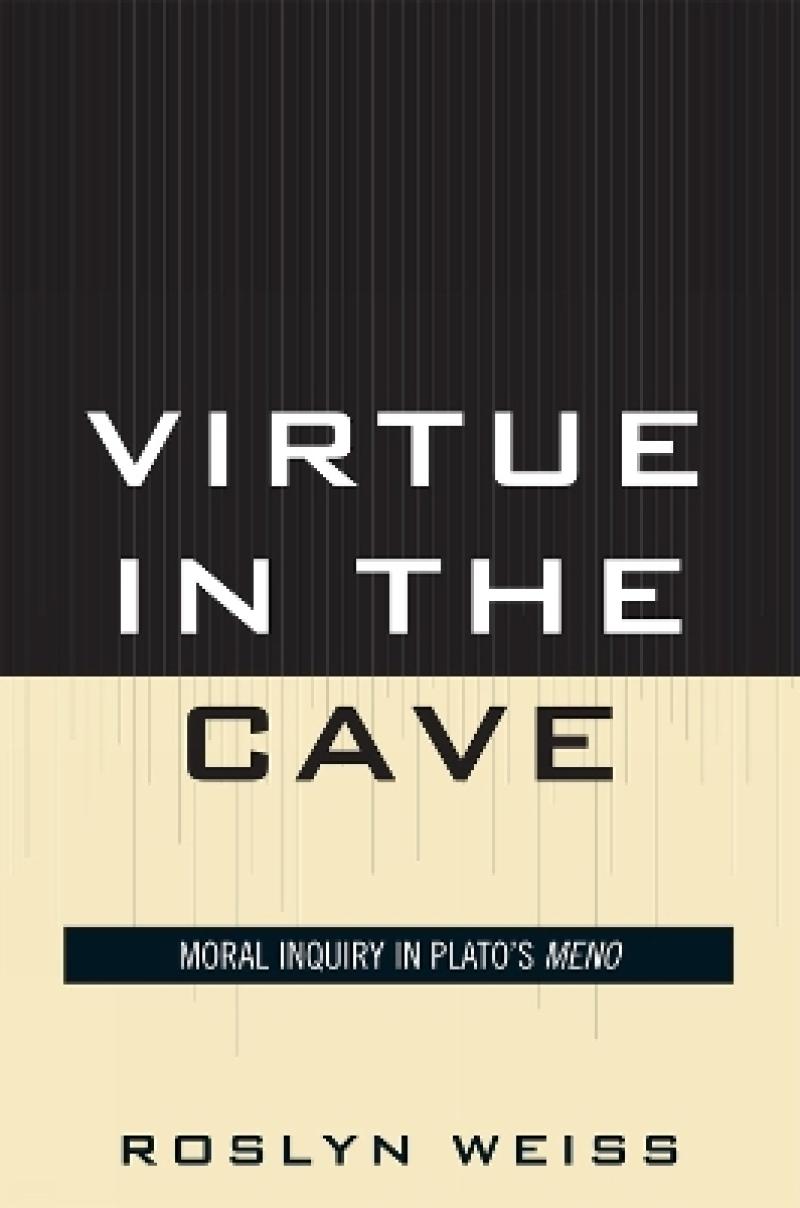Virtue in the Cave advances a distinctive, original, and provocative account of Plato's Meno.
- J. Dybikowski, University of British Columbia,
Virtue in the Cave is a groundbreaking book that deserves careful reading and reflection, and will stimulate much fruitful discussion.
- Mary Louise Gill, Brown University,
Like Weiss's earlier Socrates Dissatisfied (1998), this volume challenges some of the orthodoxies of Anglo-American Plato scholarship. It is holistic, clear, and coherent. Unlike many other practitioners of the Socratic philosophy approach to Plato's dialogues, Weiss is also sensitive to literary and dramatic nuance.
- Gerald A. Press, Hunter College; CUNY Graduate Center,
Weiss persuades me that the slave boy story is designed to be attractive to Meno, who wants virtue to be teachable.
- Kenneth C. Blanchard, Jr., 2010, The Journal Of The Review Of Politics
This is an excellent book which must be read by everyone with a serious interest in Plato.
Bryn Mawr Classical Review
